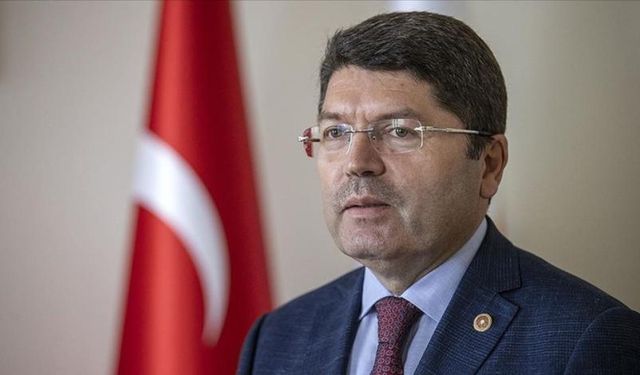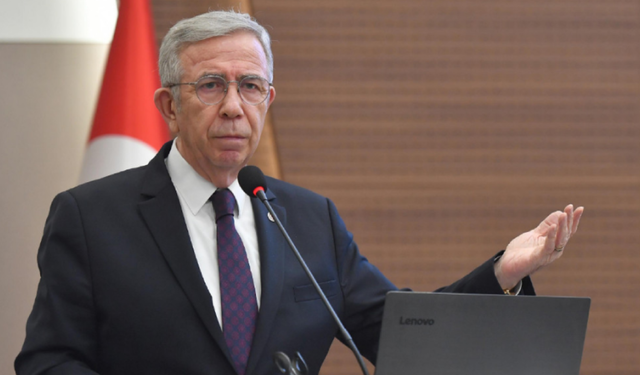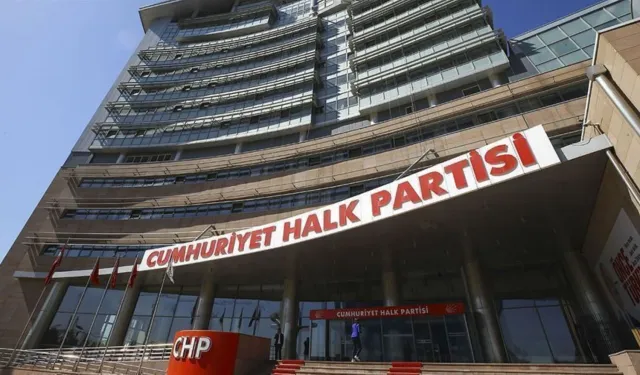It is considered that a probability of war between the states that signed the North Atlantic agreement will most likely be prevented by diplomatic intervention under the leadership of the United States. However, recently, defense agreements and arms sales between the alliances expand an initiative to increase the European-based defense capacity. The extent to which this situation will affect the transatlantic security system will determine the potential of these initiatives to harm NATO's alliance unity. The "Strategic Cooperation Agreement in the Field of Security and Defense", which France and Greece signed on September 28 this year, is seen as an important step in this initiative. And the signing of deep economic and defense agreements last week to revive the Spain-Turkey line with a geopolitical move raises the question of whether there is a new polarization in the field of defense in this regard.
“EXTENSIVE PARTNERSHIP”
The Intergovernmental summit between Spain and Turkey, the Hispano-Turkish Summit in the words of Spanish Prime Minister Pedro Sanchez, was held in Ankara last week. At the summit, where 6 agreements were signed, a statement defined as "Comprehensive Partnership" was announced. Combating climate change, supporting the political process in Libya, emphasizing peace and stability in Afghanistan, and cooperation in the fight against migration were the agenda items of the declaration. The development that left its mark on the summit, however, was the emphasis on increasing defense industry cooperation between the two countries.
Following the summit, the Spanish newspaper El Pais headlined, "Turkey offers Spain cooperation to build a 'mega aircraft carrier' and new submarines.” Turkey had built an amphibious assault ship (TCG Anadolu) designed by the Spanish Navantia and expected to be operational in the first quarter of 2022. It is now mentioned building a larger aircraft carrier than the first.
It seems that the two countries seek to strengthen cooperation opportunities in the maritime and aviation sectors with mutually beneficial joint projects in which they have common interests. It is concluded that Spain supports Turkey's European perspective and tries to develop dialogue areas related to the Eastern Mediterranean, which requires stable cooperation. Moreover, it is concluded from the summit that Spain supports Turkey's European perspective and tries to develop dialogue areas related to the Eastern Mediterranean, which requires stable cooperation. An important point that the parties also reiterated is the full involvement of Turkey and other non-EU NATO Allies in the EU's security and defense efforts. At this point, it can be understood that the air defense support that Turkey has developed especially with Ukraine is highly considered.
“EUROPE’S STRATEGİC AUTONOMY”
Taking into consideration the 'Comprehensive Partnership' statement between Spain and Turkey, the Foreign Ministers of Greece, Egypt, the Greek Cypriot Administration and France, jointly criticized Spain about the EU member states' supplying weapons to the countries that threaten the war (especially if these threats are directed at other EU countries). This situation shows from the beginning that the EU institutions will not institutionally embrace the cooperation on the Spain-Turkey line.
It is possible to see that the cooperation between the two countries in the field of defense is of great importance. Spain, that is uneasy about France's increasing room for maneuver in the Eastern Mediterranean, opposes Greece's demand for EU sanctions against Turkey in the escalating tension as a result of gas exploration activities in the region. Greece, on the other hand, is trying to strengthen its European defense agreements against a possible cooperation between Spain and Turkey in the field of defense.
The target of the defense agreement between France and Greece is Greece's effort to gain military superiority against Turkey in case of a possible conflict in the Aegean. In a sense, this agreement was made implicitly against Turkey, another alliance member in NATO. However, Greece, which requested to buy 6 more platforms from France in addition to the 18 Rafale fighter jets it had previously agreed upon, seems to have a different importance for France apart from being a reasonable arms market. The parties interpret this exchange and the defense agreements as a step towards the construction of “European strategic autonomy”.
POTENTIAL TO DAMAGE ALLIANCE
It would not be wrong to state that this attempt to increase the European-centered defense capacity emerged in reaction to the tension in the Eastern Mediterranean in 2020, because the intersection of the interests of the two countries in the region is a reasonable justification for turning into strategic alliances. Nevertheless, the policy of EU member states to make their own strategic goals on the EU agenda might be expected to produce irreversible results in the long run. Most notably, Europe-based defense initiatives are likely to strengthen NATO's potential to undermine the alliance unity.
On the other hand, Turkey intends to carry out the arms and defense exchanges with Germany as well. However, due to Germany's current domestic political conjuncture, Turkey has concerns about the Reis class submarine delivery that Germany is expected to make to Turkey. This situation also shows that after the problematic relations with Greece and France, a very important test is approaching for the future of defense cooperation between Turkey and Germany.
There is not much to said about the NATO Summit to be held in Madrid on 29-30 June 2022. However, it is clear that the recent military policies of the alliance countries carry serious risks in terms of protecting the integrity of the states that signed the North Atlantic Treaty.












